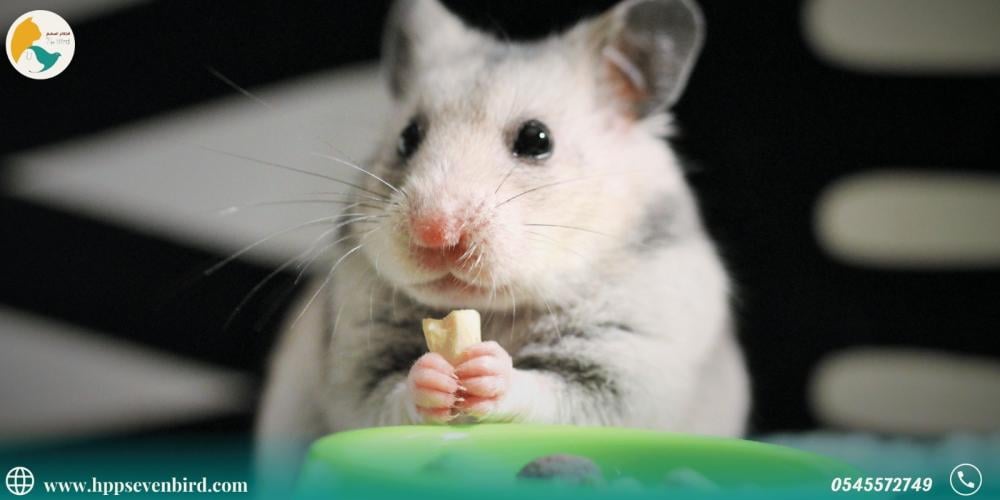Hamsters, those little creatures with puffy cheeks and bright eyes, have captured the hearts of many as beloved pets. But did you know that there are different types of hamsters, each with their own unique personalities and behaviors?
: The most popular hamster species
Syrian hamster
Appearance: Also known as the golden hamster or the blond bear hamster, it is characterized by its relatively large size (ranging from 15-20 cm in length) and its thick fur, which comes in a variety of colors and patterns.
Russian Dwarf Hamster:
Appearance: Smaller than the Syrian hamster (ranging from 7-10 cm in length), it has dark gray fur with a black stripe on its back and a white belly. There are breeds with different colors, such as blue-gray and winter white.
/p>
Roborovski Hamster:
Appearance: The smallest hamster species (ranging between 4-5 cm in length). It is characterized by its very small size, distinctive white eyebrows, and sandy-colored fur.
Chinese Hamster:
Appearance: It has a slender, relatively long body (ranging from 10-12 cm in length) and a longer tail than other hamster species. It is gray-brown in color with a black stripe on its back and a white belly.
So we have dedicated to you from the seventh bird:
Daily Nature Complete Food for Rodents with Grains, Apple and Carrot 800g
Vinci Hamster Food Nutritious and Rich in Vitamins 1kg
:Understanding Hamster Behaviors
Hoarding: Hamsters instinctively store food in their cheeks and move it to safe places in the cage. This is a normal habit and nothing to worry about.
Digging: Hamsters love to burrow and hide in bedding. Providing a thick layer of bedding allows them to engage in this natural behavior.
Biting: Hamsters may bite for various reasons, such as fear, stress, pain, or feeling threatened. Gentle handling and patience help build trust and reduce the likelihood of biting.
So we have dedicated to you from the seventh bird:
Seven Bird Hamster Spinning Ball Toy
:Hamster Handling tips
Observation: Regularly monitor your hamster's behavior to identify any changes that may indicate a health problem or stress.
Patience and Calm: Handle your hamster calmly and gently, avoiding sudden movements that might startle it.
Provide a Suitable Environment: Ensure the cage provides enough space, hiding places, and a variety of toys to meet its natural needs.
Gradual Handling: Start by accustoming your hamster to your presence and voice before attempting to handle it.
So we have dedicated to you from the seventh bird:
Understanding the different types of hamsters and their behaviors helps us provide proper care for these wonderful little creatures. By meeting their natural needs and providing a stimulating and safe environment, we can enjoy the company of these amazing pets and observe their unique and entertaining behaviors.
So we have dedicated to you from the seventh bird:
Seven Bird Clear Rodent Carrier Bag
Bioline spray for cleaning and sterilizing bird and rodent cages 500ml

